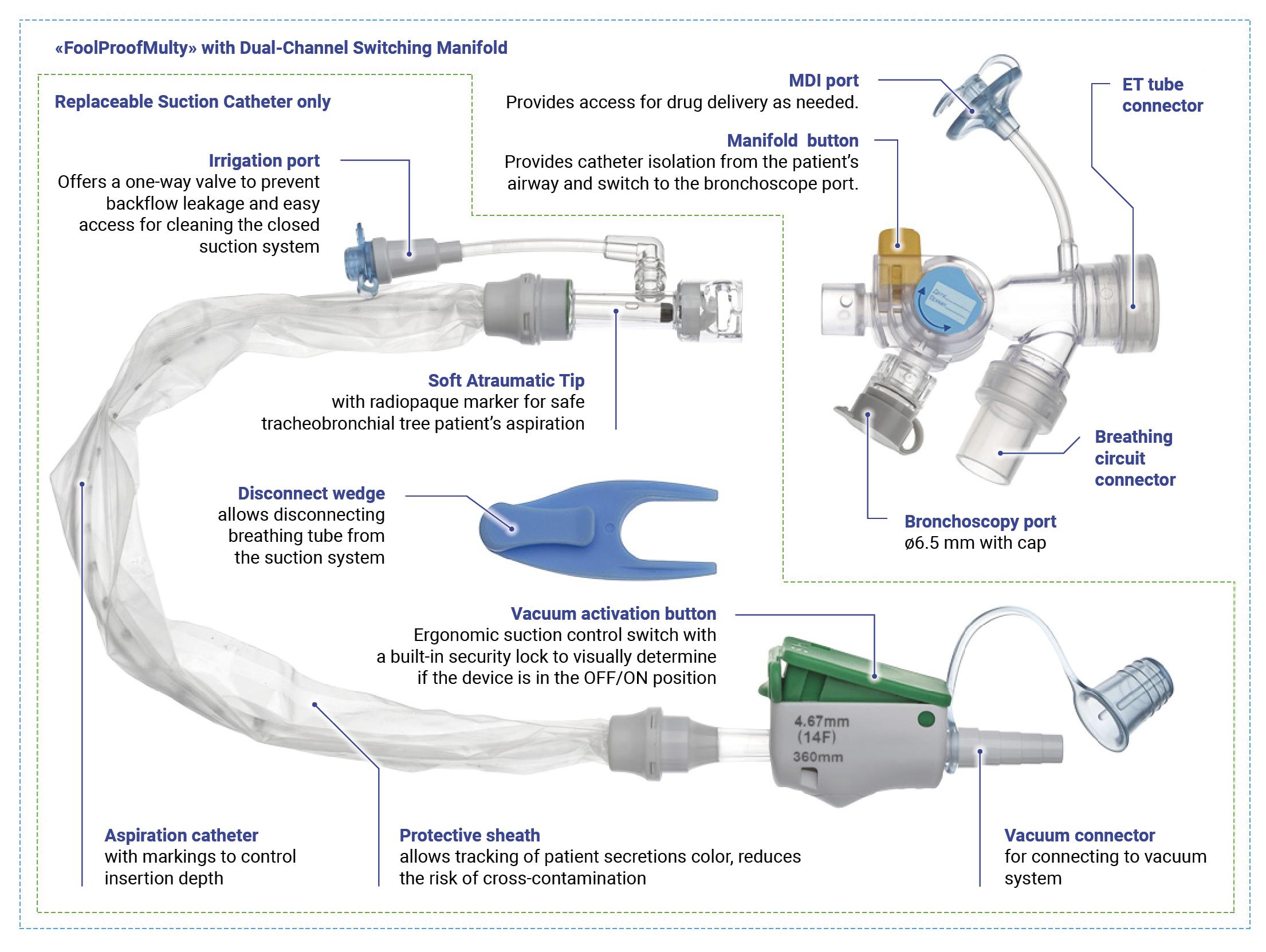Your vehicle’s engine relies on a fine balance of air and fuel to operate effectively. One crucial component in maintaining this balance is the scv. This often-overlooked part plays a significant role in regulating the amount of fuel that enters the engine, which immediately influences performance and fuel economy. Understanding the importance of the suction control valve and how to care for it can lead to a more pleasant and efficiently functioning driving experience.
Proper maintenance of your suction control valve is important not only for engine lifespan but also for ensuring maximum power and efficiency. Neglecting this critical component can lead to reduced performance, higher fuel consumption, and even graver engine problems down the line. In this article, we will examine essential tips to help you care for your suction control valve, ensuring that your engine operates at its best for years to come.
Understanding the Fuel Delivery Regulator
The fuel regulation valve is a vital component in modern diesel engines, playing a key role in regulating fuel delivery. This valve regulates the vacuum within the fuel system, guaranteeing that the engine receives the suitable amount of fuel under varying load conditions. An effective suction control valve helps maintain optimal engine performance, fuel efficiency, and reduces emissions.
When the engine is under load, the suction control valve opens to enhance fuel flow, allowing for the required power output. In contrast, during minimal loads or idle, the valve can restrict to restrict fuel flow, which reduces waste and improves efficiency. Comprehending the functionality of the suction control valve can assist vehicle owners identify the signs of potential issues and intervene before more major problems arise.
Consistent maintenance of the suction control valve is essential for guaranteeing steady engine performance. Impurities, wear, and tear can affect its functionality, causing fuel delivery challenges. By being vigilant with maintenance, such as cleaning or updating the valve when necessary, you can ensure that your engine operates smoothly and efficiently, ultimately extending its lifespan.
Common Issues and Solutions
One common issue with the suction control valve is clogging caused by impurities in the fuel system. This blockage can limit the valve's ability to regulate suction effectively, leading to suboptimal engine performance. To prevent this, consistently inspect and clean the fuel filter, replacing it as necessary to ensure that only clean fuel reaches the engine. If you think there may be a clog, have the suction control valve tested and cleaned professionally to restore optimal function.
Another frequent issue is electrical failure, which can occur due to wiring issues or a defective sensor. A damaged connection may result in incorrect signals sent to the valve, interfering with engine operation. To address this, thoroughly check the wiring harness and connectors for any indications of damage or corrosion. If issues are detected, repair or swap out the damaged components and ensure that all connections are tight.

Lastly, a defective suction control valve itself can lead to performance issues such as hesitation or trouble starting the engine. Consistently monitor engine performance and listen for unusual sounds that may suggest a faulty valve. If performance drops, consider installing a new valve with a new one. Maintaining a close eye on these signs can help you catch problems early and enhance your vehicle's efficiency.
Servicing Tips for Peak Functionality
To ensure your suction control valve operates properly, consistent inspection is essential. Check for evidence of significant wear or damage, such as breaks or leaks. If you observe any unusual noises or functioning issues in your vehicle, it may be an signal that the suction control valve needs service. Proactive checks can help you identify problems soon and prevent more serious issues down the road.
Maintaining the suction control valve from time to time can enhance its functionality. Dirt and grime can build up over time, affecting the valve's performance. Use a gentle brush and appropriate cleaning solutions to clean any deposits lightly. Be careful not to damage the valve during the cleaning process, and ensure it is correctly reinstalled afterward to maintain an airtight seal.
Finally, consider the benefits of specialized servicing. A skilled technician can provide a comprehensive inspection and perform any essential repairs or replacements. They can also offer recommendations tailored to your specific vehicle model and usage, ensuring that your suction control valve remains in excellent condition. Ongoing professional check-ups can extend the life of the valve and improve overall vehicle performance.
